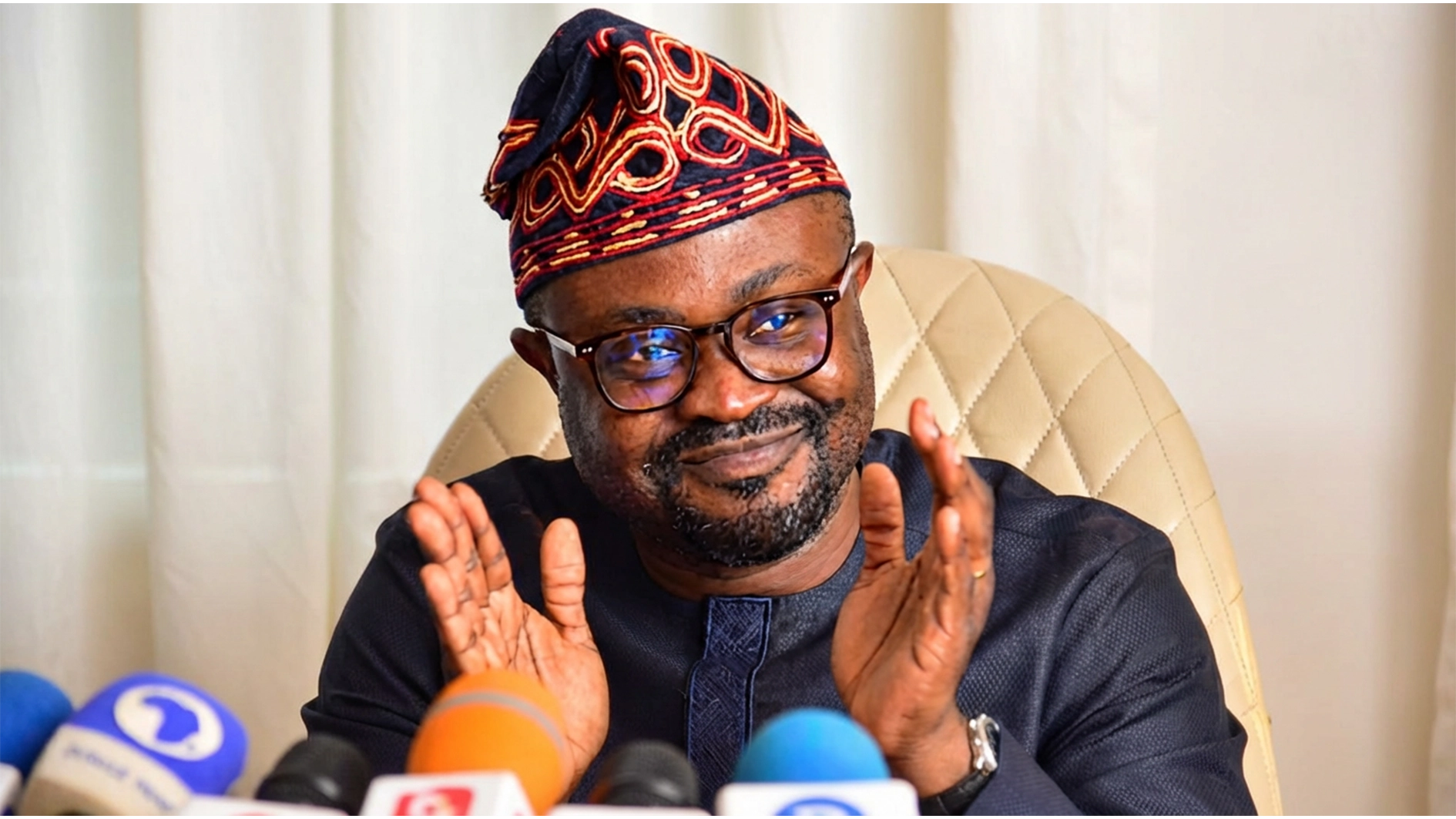While COVID-19 disrupted businesses and lives around the world, it did not sever the fundamental links that connect nations, the DHL Global Connectedness Index (GCI) 2020 released yesterday has shown.
The report, now in its seventh edition, is the first comprehensive assessment of globalisation during the pandemic, tracking international flows of trade, capital, information and people across 169 countries and covering 99 per cent of the world’s GDP.
The Netherlands emerged the world’s most globally connected country. Singapore ranked second and earned top marks in terms of the size of international flows relative to domestic activity, followed by Belgium, United Arab Emirates and Ireland completing the top five.
Nigeria ranked 112 out of the 169 countries surveyed, coming after 10 other African nations: Mauritius (48), Seychelles (52), South Africa (57), Ghana (80), Gabon (91), Congo (101), Côte d’Ivoire (105), Namibia (108), Mozambique (110) and Togo (111).
After holding steady in 2019, forecasts had projected that the index will fall significantly in 2020 due to the distancing effects of coronavirus on societies, such as closed borders, travel bans and grounded passenger airlines to curb the spread of the virus.
Trade collapsed in April and May as the pandemic swept the world. However, international trade rebounded strongly after a sharp plunge. Capital flows were hit harder than trade by COVID-19, but the flows have also started to recover with strong policy responses by governments and central banks helping to stabilize markets.
After signs of a slowdown in the globalization of information flows before the pandemic, international data flows and telephone calls spiked as coronavirus forced in-person interactions to go digital. Internet traffic went up 48 per cent in mid-2020, same for cross-border e-commerce sales.
GCI lead author and Director of the DHL Initiative on Globalization at the New York University Stern School of Business, Prof. Steven Altman, at a virtual press conference, said: “Stronger global connectedness could accelerate the world’s recovery from the COVID-19 pandemic, as countries that connect more to international flows tend to enjoy faster economic growth.”
Speaking on the position of Nigeria in the global ranking, Altman said “Nigeria’s ranking fell below the predicted levels partly due to some policy changes not related to COVID-19, especially economic control measures like the border closure with its neighbours but there are hopes for a quick rebound.
“It was long in coming but eventually Nigeria ratified the Africa Continental Free Trade Agreement (AfCFTA), which aims to increase trade between African countries, last month ahead of its take-off in January next year. The ratification is a big step forward for globalization and connectedness. Hopefully, there will be a better performance on the rankings next year.”
CEO of DHL Express, John Pearson, presenting the report said: “The current crisis has shown how indispensable international connections are for maintaining the global economy, securing people’s livelihoods and helping companies strengthen their trading levels.”
“Connected supply chains and logistics networks play an essential role in keeping the world running and stabilizing globalization especially at a time of a crisis that spans our globe. This reminds us of the need to stay prepared for any challenge. The recent vaccine breakthrough has put a spotlight on the systemic importance of fast and secure medical logistics dependent on a worldwide interconnected network that effectively ensures international distribution.
“COVID-19 forced us to distance from each other but we still found ways of connecting with each other,” he added.
[ad unit=2]






